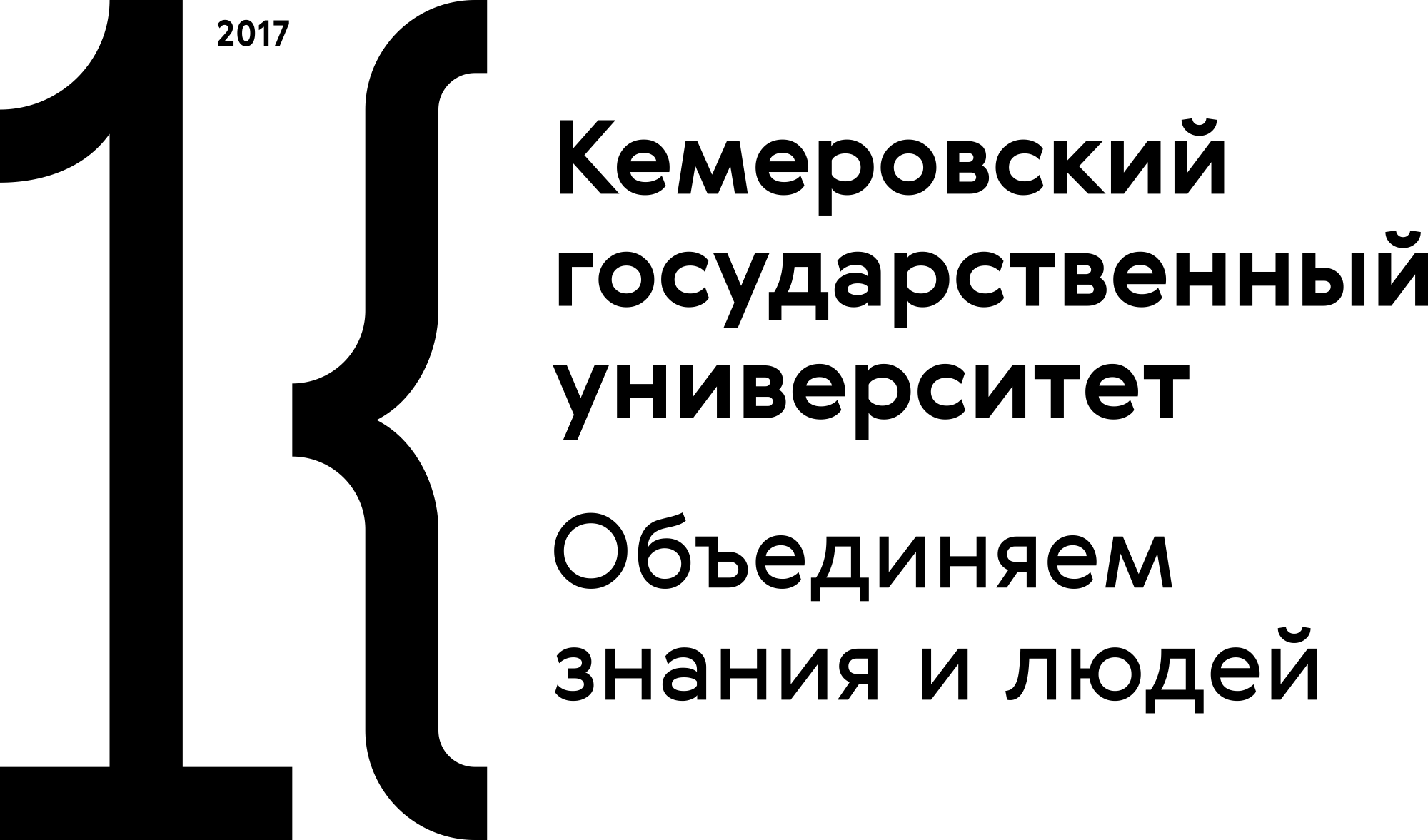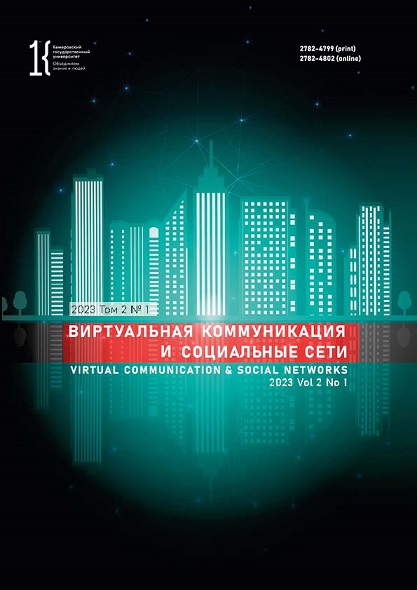Pisa, Italy
The present study featured some issues of cognitive linguistics. George Lakoff, Mark Johnson, Joan Bybee, and Carla Bazzanella argue that our everyday speech reflects how we perceive the world. Metaphor is a specific cognition device that establishes semantic connections between events and objects by association. Our everyday speech is full of metaphorical concepts we are not normally aware of. In particular, spatial orientations are metaphorically expressed in terms of human body. If a concept occurs frequently, it becomes automatic and emancipates from a particular context to a semantic code, and we no longer realize it as a metaphorical one. As a rule, objects of metaphorization are abstract concepts, i.e., concepts whose perception and interpretation are impossible without metaphorization. For instance, time is a concept that needs a metaphorical extension. Speakers perceive time metaphorically, and the language is an important source of evidence. The verbs of motion and desire provide the basis for this metaphorical extension. The practical basis for the study is represented by the linguistic material of the grammaticalization of the time concept in everyday speech in English, Italian, and French.
cognitive linguistics, perception, metaphor, cognition, conceptualization, time, everyday speech, social networks, grammaticalization
1. Luria A. R. Language and consciousness. Moscow, 2022, 335. (In Russ.)
2. Bazzanella C. Linguistica cognitiva. Un’introduzione. Editori Laterza, 2014, 185.
3. Bybee J. Language change and universal. Cambridge University Press, 2006, 194.
4. Grandi N. Fondamenti di tipologia linguistica. Carocci Editore, 2014, 126.
5. Lakoff G., Johnson M. Metaphors we live by. London: The University of Chicago Press, 1980, 193.
6. Napoli M. Linguistica diacronica. Carocci Editore, 2019, 146.















